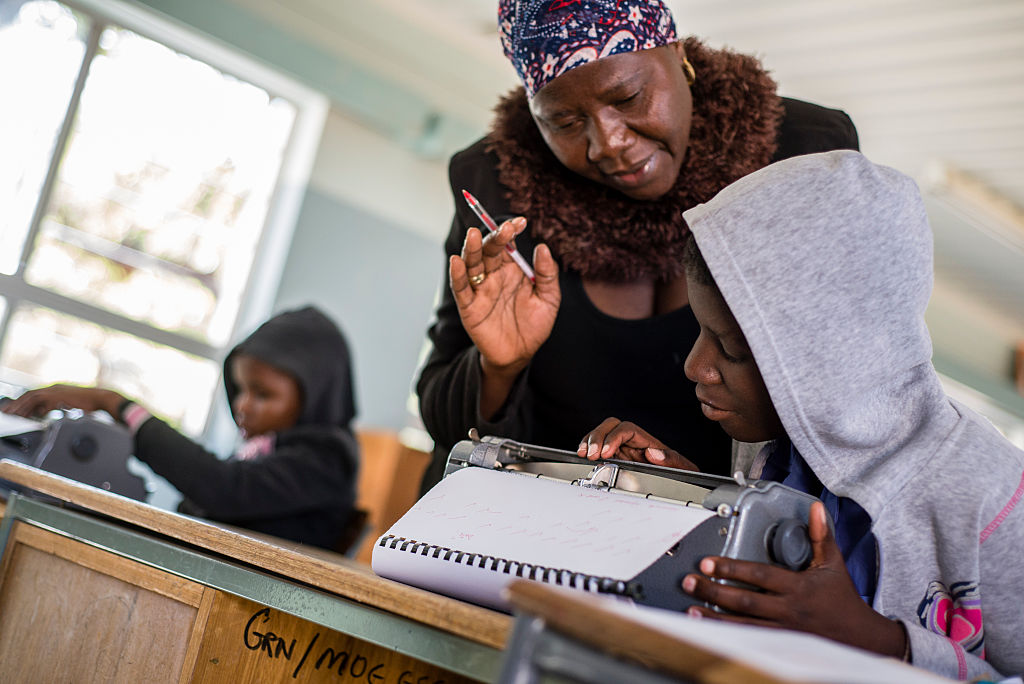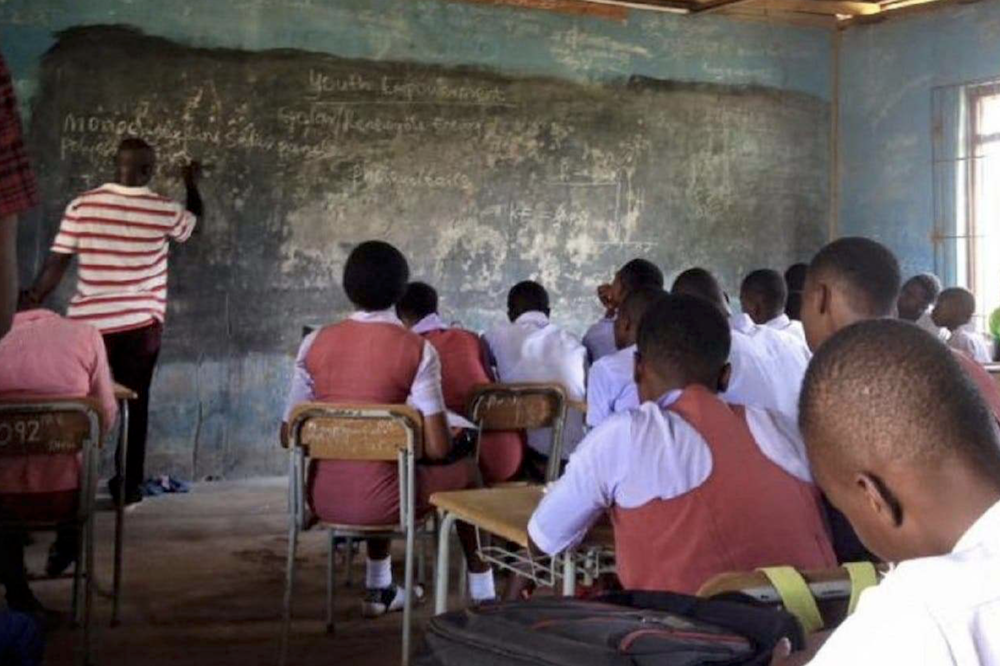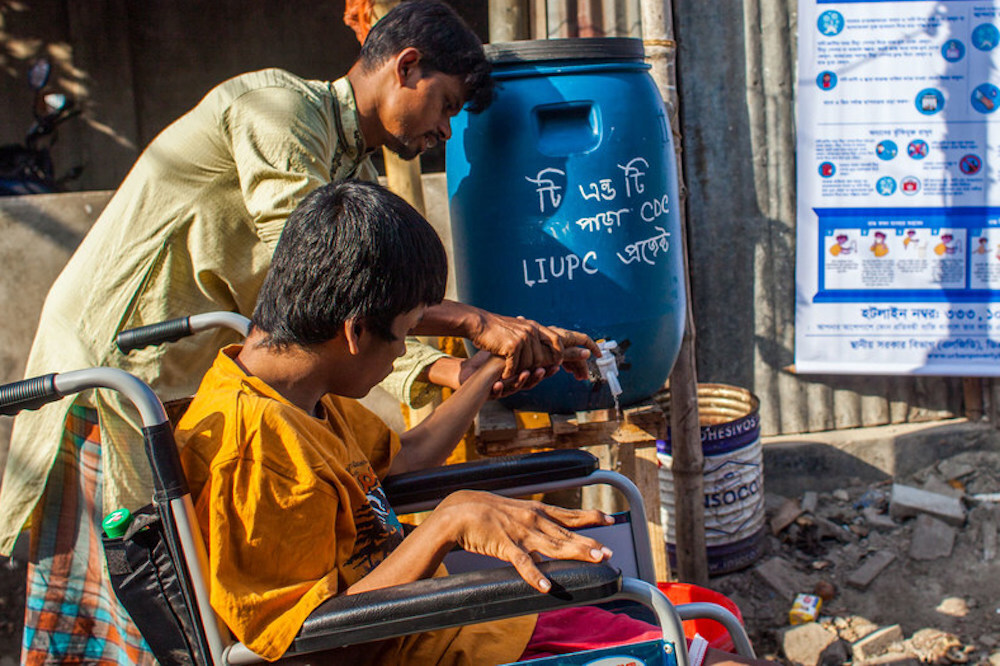
Five things you need to know this week about global education

Children in conflicts, Children with disabilities, Education in emergencies, Safe schools
Our roundup includes school re-openings delayed, increased funding for education in the pandemic and a new world day against school attacks.
Back to school delayed after infections
The planning reopening of schools that had been closed due to the coronavirus pandemic were delayed this week by at least three African countries.
Senegal postponed the resumption of classes until further notice after several teachers tested positive. Lessons had been scheduled to gradually resume this week after a long shutdown – but President Macky Sall made the decision to avoid the virus spreading in schools.
In Uganda, President Yoweri Museveni changed his mind about reopening schools this week. He told the nation in a televised speech: “I had talked about opening schools after June 4 but we have further studied this with the scientists and the eventual decision was to delay.
“We have 1.4 million children in these candidate classes and finalists. We don’t have enough testing kits for testing those numbers every two weeks.”
South Africa delayed the reopening of classes for the last years of primary and secondary schools by a week. They were due to start on Monday but the education department said a substantial number were not ready.
Israeli schools will remain open despite a Covid-19 outbreak at a high school, the health ministry said. But Prime Minister Benjamin Netanyahu warned that coronavirus curbs would be reimposed if infection rates increase.
In Singapore, many children returned to school on Tuesday after two-month lockdown. English primary schools began to resume classes on Monday, with attendance reported as ranging from 40% to 70%.
Funding to help 355m children learn
GPE just unlocked an additional US$250 million to help developing countries respond to the immediate and long-term disruptions to education caused by #COVID19.
This brings total funding to US$509 million. https://t.co/T07LsxbhSq pic.twitter.com/0T92NRrn4N
— Global Partnership for Education (@GPforEducation) June 1, 2020
The Global Partnership for Education is to double its funding to help developing countries deal with disruptions to schooling caused by coronavirus. It takes GPE’s total pandemic response to over $500 million, which will help to sustain education learning for up to 355 million children in 67 countries.
The move came after a huge demand for the organisation’s support. GPE’s Covid-19 fund was launched on April 1 and already 48 countries have applied for $511 million in emergency grants.
“Disrupted learning and losing the lifeline of school could permanently derail millions of children’s lives,” said CEO Alice Albright.
“GPE is helping our partner countries keep students learning and plan how to get children safely back in school, and working with Ministries of Education to re-imagine education for a post-pandemic world.”
Protests over Indian schoolgirl tragedy
Students protested in southern India this week after the suicide of a teenage girl who was unable to attend online classes because she did not have a television or smartphone.
Schools have been shut since the country went into lockdown in March, leaving millions of children whose families cannot afford expensive devices with no access to education.
Devika Balakrishnan, the 14-year-old daughter of a labourer in the southern state of Kerala, was found dead near the family home on Monday. Schools are still closed but that was the day Kerala began its academic year, with classes broadcast on television and online.
“The government action has put the poor students under stress and pressure,” said Abhijith K.M., who heads the Kerala Students Union and was among the protesters. “It should enable the poor students to obtain computers at interest-free loans to avoid similar cases in future.”
Action needed for children with disabilities

Emergency support must be in place for vulnerable communities (UNDP Bangladesh / Fahad Kaizer)
More needs to be done to help children with disabilities cope with the effects of the long-term school closures, UN Secretary-General António Guterres said this week.
As many as half of the estimated 65 million primary and lower secondary-school age children with disabilities in developing countries were already out of school before the pandemic.
“They face a lack of accessible public health information, significant barriers to implement basic hygiene measures and inaccessible health facilities,” said Guterres.
With school closures, many countries have turned to online learning. But that means many learners with disabilities are left behind. The Global Action on Disability (GLAD) Network recommended five key principles and called for action to ensure that the right to education for learners with disabilities is ensured during the heath crisis.
World day against school attacks
For children trapped in conflict, education provides stability and hope for a better future.
I welcome #UNGA decision to proclaim 9 September as the International Day to Protect Education from Attack.
To fail to do so, would be to fail a generation.https://t.co/NbGKwxdV76 pic.twitter.com/p9veN7qMTy— UN GA President (@UN_PGA) May 30, 2020
The United Nations has announced that September 9 each year will be the International Day to Protect Education from Attack.
The UN General Assembly strongly condemned all attacks against schools and the use of schools for military purposes, when in breach of international law.
“For children trapped in conflict, education provides stability and hope for a better future,” said Assembly President Tijjani Muhammad-Bande from Nigeria. “Each year of education reduces the risk of a youth’s involvement in conflict by 20%.”
The announcement came just days after the fifth anniversary of the Safe Schools Declaration – a commitment by 104 countries so far to protect education from attack or use by military during armed conflicts.
More news

